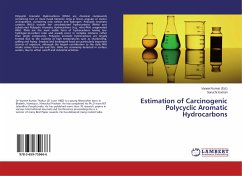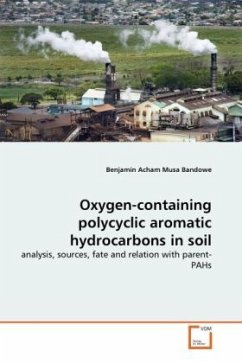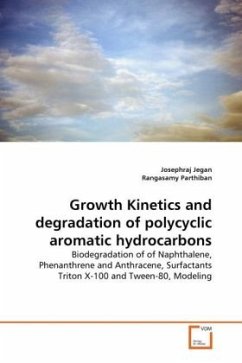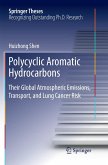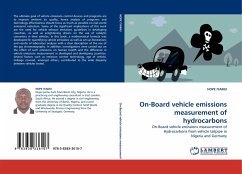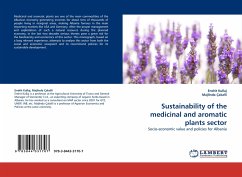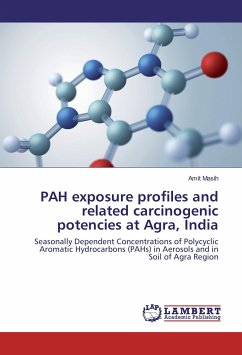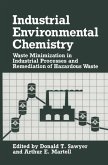Polycyclic Aromatic Hydrocarbons (PAHs) are chemical compounds containing two or more fused benzene rings in linear, angular or cluster arrangement, containing only carbon and hydrogen. Polycyclic Aromatic carbons (PACs) include the unsubstituted hydrocarbons (PAHs) and substituted Polycyclic Aromatic Hydrocarbons (e.g. nitro-PAH, oxygenated PAH). PAHs are the most stable form of hydrocarbons having low hydrogen-to-carbon ratio and usually occur in complex mixtures rather than single compounds. Polycyclic aromatic hydrocarbons are largely formed due to the cooking at high temperatures such as charbroiling, grilling and frying. Smoked and barbequed food are particularly important sources of exposure, although the largest contribution to the daily PAH intake comes from oils and fats. PAHs are commonly detected in surface waters, due to urban runoff and industrial activities.
Bitte wählen Sie Ihr Anliegen aus.
Rechnungen
Retourenschein anfordern
Bestellstatus
Storno

